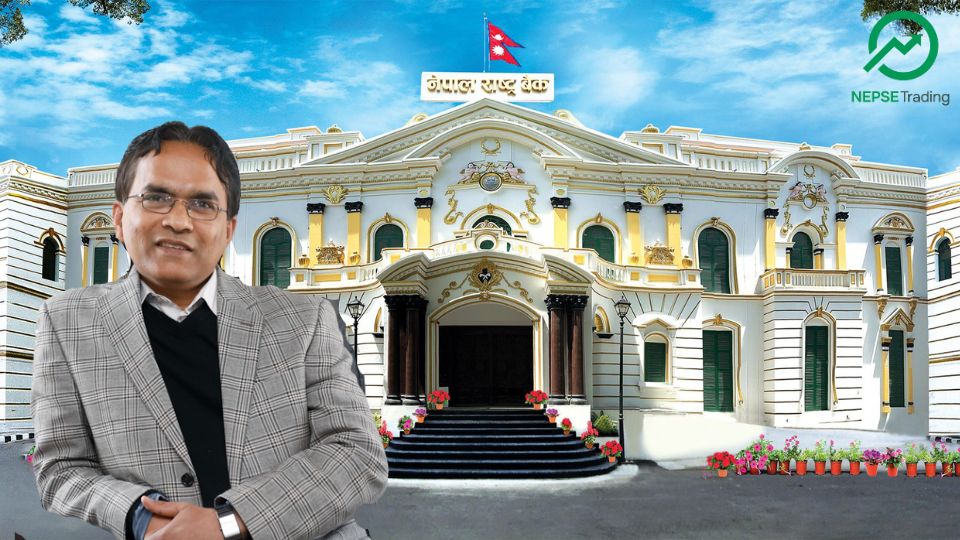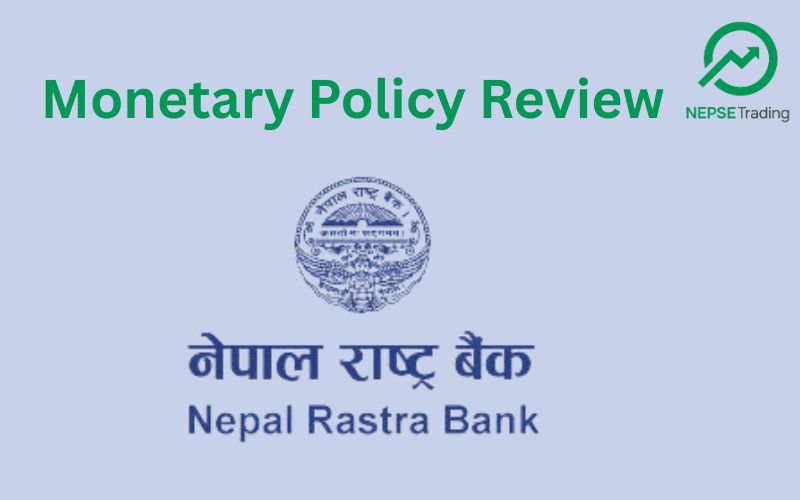By Dipesh Ghimire
Nepal Appoints Dr. Bishwanath Paudel as New Nepal Rastra Bank Governor Amid Crucial Economic Challenges

The Government of Nepal has appointed Dr. Bishwanath Paudel as the 18th Governor of Nepal Rastra Bank (NRB), the country’s central bank. This appointment ends a leadership vacuum of over one and a half months following the completion of the five-year term of the previous governor, Mahaprasad Adhikari. The decision was finalized during a cabinet meeting held on Tuesday and announced by the government spokesperson and Minister for Information and Communications, Prithvi Subba Gurung.
Profile of Dr. Bishwanath Paudel: An Experienced Economist at the Helm
Dr. Paudel brings a rich blend of academic excellence, international exposure, and public policy experience. He holds a Ph.D. in Economics from the University of California, USA, and currently serves as a professor at the Kathmandu University School of Management. His teaching career spans over a decade, including roles as visiting and assistant professor. Before joining academia full-time, he was a senior economist and member of the National Planning Commission of Nepal.
He has also worked internationally as a short-term consultant for the World Bank and served as an economic advisor to the International Labour Organization (ILO), lending him a global perspective on economic policy and development issues.
His diverse leadership experience includes board memberships at Sanima Bank and Sanima Middle Tamor Hydropower, and serving as a trustee for Yuleans School. Dr. Paudel has also contributed to Nepal’s economic policy landscape through roles such as chairman of the Asia Pacific Regional Economic Cooperation and Integration council, and chief economic advisor to the Federation of Nepalese Chambers of Commerce and Industry (FNCCI).
Political Background and Legal Clearance
In 2022, Dr. Paudel ran for parliament representing the Nepali Congress in Chitwan-3 but was defeated. His political affiliation raised concerns among opposition groups regarding the impartiality of his potential appointment to the central bank’s highest office. A legal challenge was filed to block his appointment; however, the Supreme Court dismissed the case, clearing the path for his installation as governor.
This political backdrop highlights the challenges of maintaining the central bank’s independence amid Nepal’s often polarized political environment. The government’s decision signals confidence in Dr. Paudel’s ability to navigate these complexities.
Economic Challenges Facing Dr. Paudel
1. High Liquidity with Limited Credit Growth
Nepal’s banking sector currently experiences an unusual scenario where liquidity is high, meaning banks hold significant cash reserves, but credit growth remains sluggish. This mismatch hampers productive investment and slows economic expansion. It also reflects risk aversion among banks and structural inefficiencies in credit allocation.
2. Rising Non-Performing Loans (NPLs)
The accumulation of bad loans is a persistent problem for Nepalese banks, threatening financial stability and profitability. NPLs constrain banks’ ability to lend further, impacting overall economic activity. Addressing this issue requires strict regulatory oversight, improved risk management, and reforms to accelerate loan recovery processes.
3. Inflation and Price Stability
Nepal faces moderate inflationary pressures, partly due to supply chain disruptions and imported inflation. Maintaining price stability while supporting growth is a delicate balancing act. Dr. Paudel’s monetary policy will need to be calibrated carefully to avoid stifling economic momentum while preventing runaway inflation.
4. Enhancing Regulatory Framework
Strengthening regulatory mechanisms for banks and financial institutions is critical. This includes tightening prudential norms, improving governance standards, and promoting transparency to build trust and resilience in the financial sector.
5. Financial Inclusion and Consumer-Friendly Services
Improving accessibility and affordability of banking services for all segments of the population remains a priority. Nepal’s largely rural population needs inclusive financial products tailored to their needs. This will also support the broader goal of sustainable economic development.
Market Reaction and Expectations
The announcement of Dr. Paudel’s appointment was met with optimism by Nepal’s financial markets. The NEPSE index surged by nearly 50 points, reflecting investor confidence in his expertise and anticipated policy reforms. His academic background and reputation for sound economic analysis provide assurance of prudent and forward-looking leadership.
Strategic Focus: What to Expect Under Dr. Paudel’s Leadership
Monetary Policy Reform:
Dr. Paudel is expected to focus on enhancing the effectiveness of monetary policy tools, improving liquidity management, and ensuring that monetary conditions support growth while keeping inflation in check.Banking Sector Clean-up:
Addressing the NPL problem decisively will likely be a key agenda, involving enhanced supervision and possibly reforms in bankruptcy and loan recovery frameworks.Strengthening Financial Regulation:
Reforms aimed at improving governance, risk management, and transparency in banks and financial institutions will be crucial to bolster sector stability.Promoting Financial Inclusion:
Introducing policies to widen access to banking services, particularly in rural areas, and encouraging digital banking innovations will help broaden the financial base.Economic Stability and Growth:
Through coordinated monetary and macroprudential policies, Dr. Paudel will seek to maintain economic stability, boost investor confidence, and support sustainable growth.
Dr. Bishwanath Paudel’s appointment as Nepal Rastra Bank Governor comes at a pivotal time for Nepal’s economy. With challenges such as high liquidity but weak credit expansion, growing non-performing loans, and inflationary pressures, his leadership will be tested in balancing competing priorities.
His academic rigor, policy experience, and international exposure equip him well to tackle these challenges. The positive market response indicates strong faith in his capacity to deliver reforms and stability.
Moving forward, the banking sector, investors, and the public will be closely watching his policies and initiatives, hoping for a more robust, inclusive, and stable financial system that supports Nepal’s economic aspirations.









